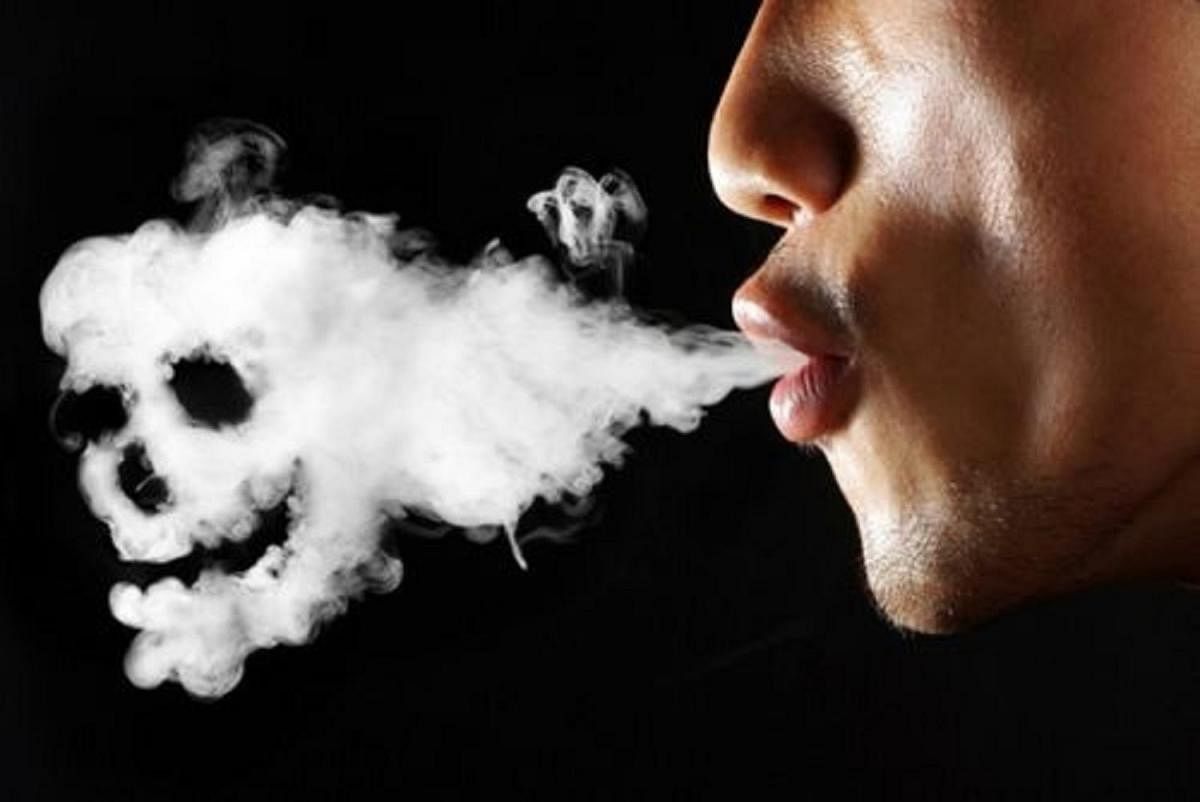Bidi smoking cost India more than Rs 80,000 crore in ill health and early deaths in 2017 alone, finds new research.
The poor already bear the brunt of these costs, and unhindered use of bidi tobacco threatens to push even more households into poverty, the researcher warns in a new study. Nearly 21% of the economic cost comes from direct health consequences like death due to cancers while the remaining 79% of the economic issues are due to morbidity factors.
Bidi is very popular in India, accounting for most (81%) of the tobacco smoked and 72 million regular users over the age of 15. The indigenous version of smoking tobacco contains about 0.15–0.5 gm of tobacco per stick, which is only one-fifth to two-thirds of the amount of tobacco in western-style cigarettes.
Yet, the concentration of nicotine in bidi is significantly higher than that in cigarettes, and the bidi’s relatively low combustibility forces smokers to inhale more deeply, resulting in greater delivery of carbon monoxide, nicotine and other harmful components.
Bidi smoking is implicated in several types of cancer. The financial toll taken by bidi smoking in India has never been calculated. In order to make an estimate, Rijo M John from the Centre for Public Policy Research, Kochi drew on several sources of national and international data to calculate the direct and indirect costs of treating the ill health and early deaths attributable to the habit among 30-69-year-old Indians in 2017.
Published in the journal Tobacco Control last week, the study showed direct costs such as expenses incurred on tests, drugs, doctors’ fees, hospital stay and transport make up around a fifth of the total economic loss while with the remainder is made up of indirect costs like loss of household income and expenses on caregivers.
Given that around one in four 30 to 69-year-old men smokes bidis, the habit takes a disproportionate toll on Indian men, says the researcher.
But despite its impact on the nation’s health, it has been taxed at a rate that is a fraction of that applied to cigarettes, says the study, corroborating the findings of several other studies carried out in the past.
In his paper, John showed that the total tax burden after the introduction of GST on cigarettes and smokeless tobacco is estimated to be 53% and 60%, respectively, under GST, while it is only 22% on bidi.
“Despite overwhelming evidence on the effectiveness of taxing tobacco products, taxation as a tool to regulate bidi smoking has been highly under-utilised in India,” he said.

